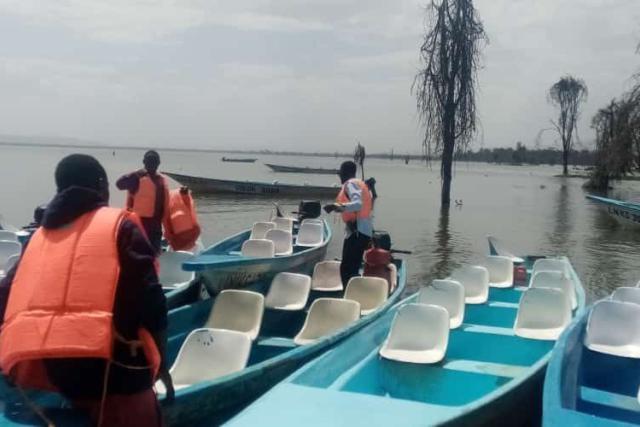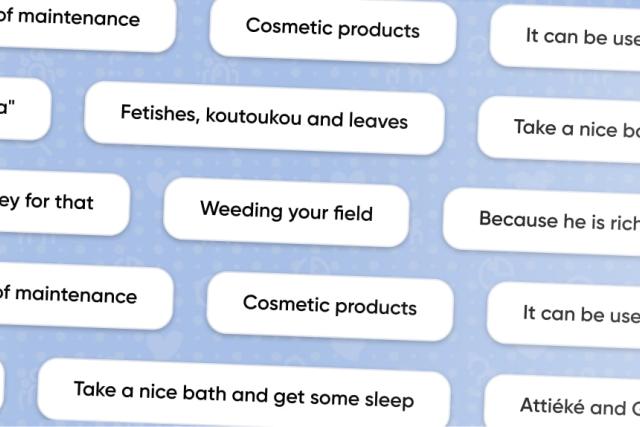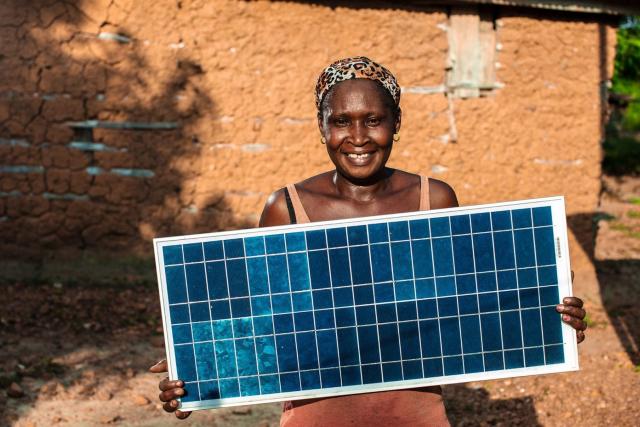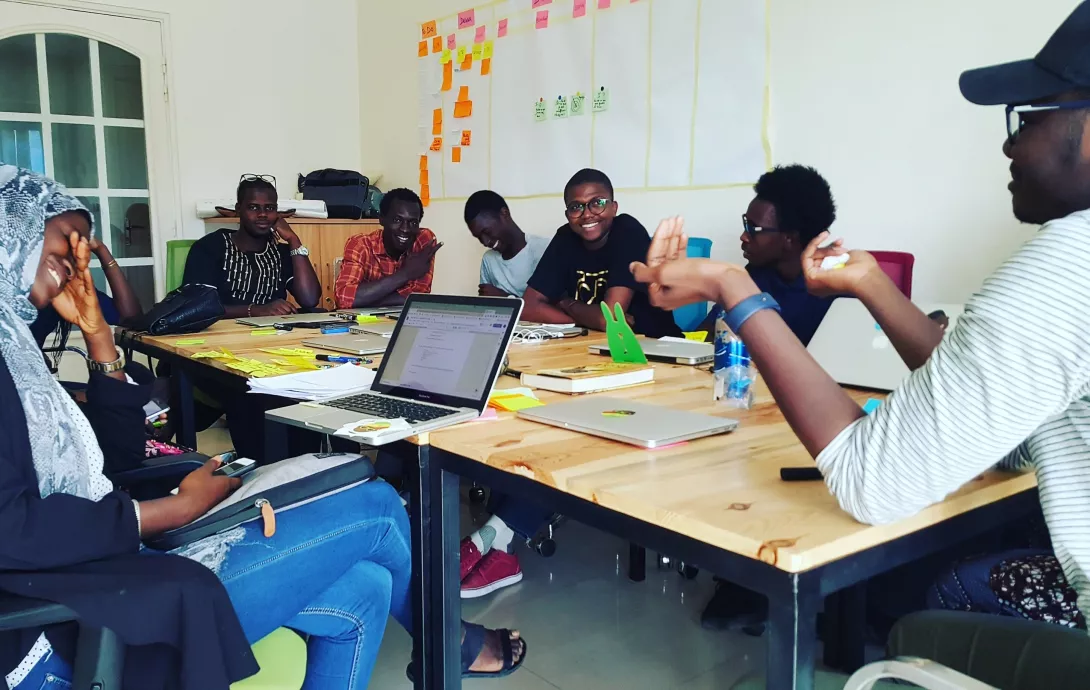
Discover how Yann Le Beux, Co-founder of YUX, uses LOOKA with his team to unleash consumer insights in Africa.
“Adding LOOKA to our research ops process and offering took us to another level as an agency. It gave us the opportunity to work with mixed-methods approaches and a higher profile of clients who have specific demands and a very short timeframe to launch new research.”
Can you tell us more about your agency and type of projects?
We started YUX in Senegal in 2016 with the goal of making sure we have more services and digital products tailored to the African contexts. Concretely we do a lot of user research to understand people and their behaviors and then design new services and digital products for them. At the end of the day, the goal is to help organisations be more competitive, impactful and most importantly, relevant. We are now a team of around 50 people across Kenya, Rwanda, Nigeria, Benin, Ghana, Cote d’Ivoire and Senegal.
We mainly work with:
Large International development organisations (UNICEF, GSMA, MSF, IRC, Gates Foundation, etc) that generally have projects in healthcare, education and agriculture sectors. They are looking to do more co-creation with communities and with the beneficiaries of their programs. For that, human-centered design and user research is very important to make sure they understand the context in which they work.
Big tech companies (Google, Wikipedia, Meta or Square) looking to push new products or improve existing ones in Africa.. They’re well versed in design and research, but they don't have the capacity to handle the research operations themselves. So they invest a lot in user research to understand their markets and be more competitive.
African Startups: generally post series-A companies with a mature product and which need to get fast user insights in order to adapt their UX and scale rapidly across several markets in Africa.
How did you realize you needed a research ops solution?
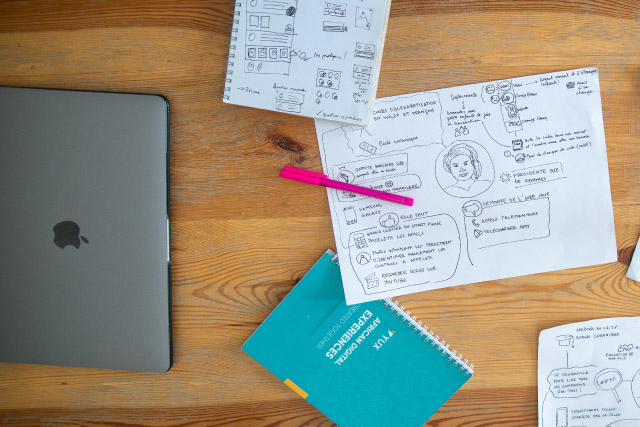 Initially, we didn’t operate at the same level that we do today since we worked mainly with smaller tech startups and the design or research maturity was not that high. So we were really learning on the job and one thing for sure is that we didn't do any quantitative research. It was purely qualitative research and not that many interviews, maybe 15-20 interviews at most. We were not really cautious about the peculiarity of the recruitment like sampling or participant profiling because it wasn’t a demand from our clients at that time.
Initially, we didn’t operate at the same level that we do today since we worked mainly with smaller tech startups and the design or research maturity was not that high. So we were really learning on the job and one thing for sure is that we didn't do any quantitative research. It was purely qualitative research and not that many interviews, maybe 15-20 interviews at most. We were not really cautious about the peculiarity of the recruitment like sampling or participant profiling because it wasn’t a demand from our clients at that time.
However, in 2020, we started landing bigger projects with clients that were more demanding in quantitative data to back up decisions on the business side of things. With great qualitative data you can inform the design, on the other hand you need to have quantitative data to inform decisions to present to your board or CEO. And so we tried to look for agencies who were doing quant research / surveys in a very rapid and affordable way, but there were none in Africa. So we started looking at different existing tools and were not satisfied as they were far from user friendly or did not go with a vetted/trained network of surveyors. So we built our own ;-)
Using LOOKA is tremendously helpful to conduct continuous research for our clients. Globally, you have tools like User Interviews, Dscout or User Zoom that are quite popular. However, they're not tailored to the African context, not only in terms of profiles / countries available but also they don't offer important tools for Africa like face-to-face surveys. It's very easy in the US or Europe to push a link for someone to jump on the call or fill a form, but over here, if you want to reach the majority of the population, you need to have people going in the streets, talking to them in-person. Our clients are really sensitive to the quality that is brought up by face-to face surveys versus online surveys.
How does your team use LOOKA today and how do you mix quant and qual approaches?
We’re now working with heads of research or product managers at data-driven organisations like Google and Gates Foundation.
First, they demand a higher level of sampling for the quant (quantitative research, i.e surveys, etc) which the LOOKA is able to get through a closed network of trained surveyors in 20 countries speaking local languages.
Secondly, they demand a larger number of participants for qual (qualitative, i.e in-depth interviews, co-creation workshops). For instance, we worked on a project with Google involving a diary testing at scale (1000 participants) and the use of generative AI to analyze user data. With the confidence that LOOKA will handle all the recruitment and engagement of participants, we can focus on the analysis and get the best takeaways for our partners.
Finally, we often recommend mixing quantitative and qualitative methods. Sometimes we’ll start with a round of quant to inform the research questions, then we go with qualitative interviews and ideally finish with another round of surveys to validate early ideas that emerge from the design phase. Depending on the use case, you can also do some qualitative interviews which will inform survey questions to collect good data for a business case. LOOKA allows that flexibility to do that with ease.
How did LOOKA help your agency grow?
First of all, it’s a better value proposition for our clients: Adding LOOKA to our research ops process and offering took us to another level as an agency. It gave us the opportunity to work with mixed-methods approaches and a higher profile of clients who have specific demands and a very short timeframe to launch new research.
Then, it’s stress free incentive payments: LOOKA handles all the incentives to our research participants and if you ever tried to send cross border payments in Africa, you understand how valuable just this piece is for any person dealing with multi-country research.
As a side effect, it’s better Research Ops : like many enterprise solutions, it helps us structure better our operations. LOOKA makes it easy to onboard new ops team members as it has a clear process in place we have to follow as agency users.




